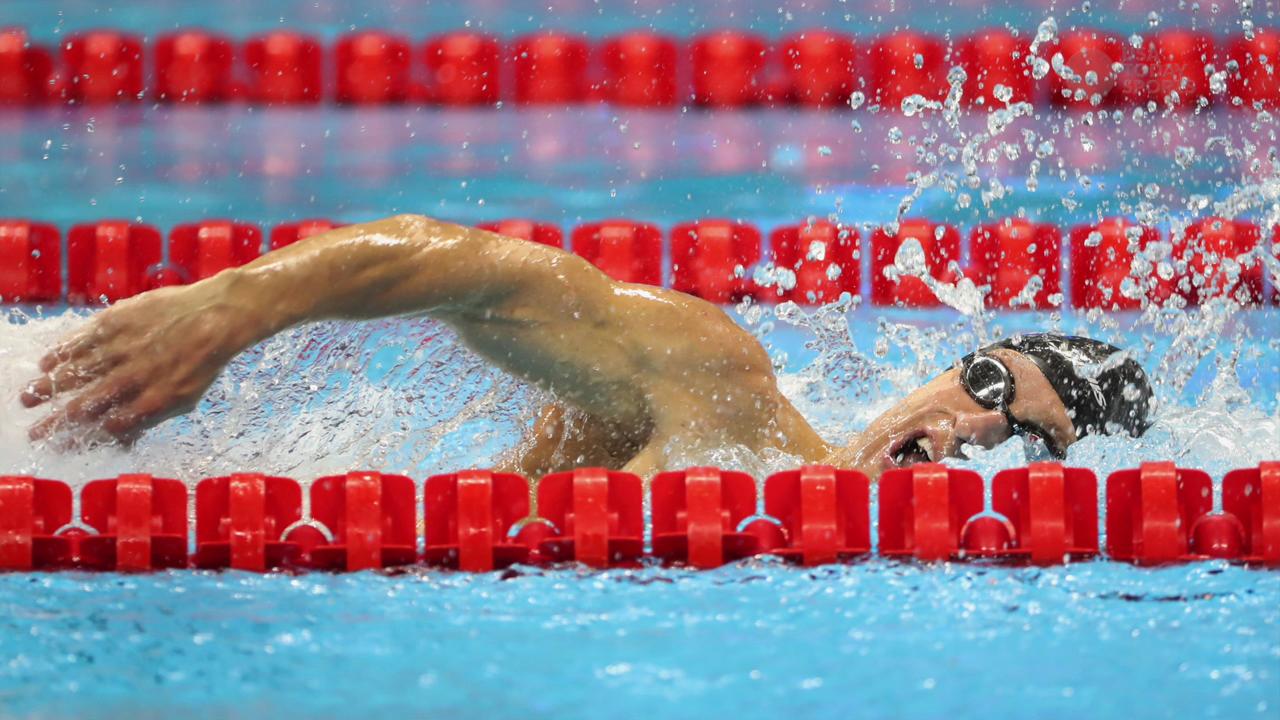IOC president has 'no regrets' on allowing Russia to compete in Rio Olympics

IOC President Thomas Bach said he doesn’t “have any regrets” about the decision to let Russia compete in the Summer Olympics in the wake of an independent investigation that revealed the country had a state-sponsored doping program.
Bach addressed Russia, the problems leading up to the Rio Games --- including the Zika virus epidemic --- and the rising costs countries bear who host the Olympics at a meeting of the Association of National Olympic Committees in Qatar this week. He again defended how IOC handled those issues in an interview with the BBC on Wednesday.
“With (the Russian) decision we were defending our values and I always was sure we should not take a political decision,” Bach told the BBC. “We should take a decision for sport, a decision which is doing justice to the athletes.
"If you are convinced of your values then you can also weather a storm because you know in the long run - once the dust has settled and the storm is over - then the people will realize that the values have been respected. This is why in this point I don't have any regrets."
The World Anti-Doping Agency released the first part of an independent investigation last year that laid out how Russia carried out evidence of a state-sanctioned doping for its track and field athletes. WADA followed up with another report in July that alleged that the Russian Federal Security Service (FSB) protected Russian athletes during the 2014 Sochi Games by swapping out samples, part of a cover-up that involved 29 Olympic sports.
The IAAF, the governing body for track and field, announced in June that Russian track and field athletes would not be allowed to compete in Rio.
Bach said earlier this week that the decision to allow Russia to compete was “appreciated” by the heads of state governments he has met with in recent months.
WADA recommended that the entire Russian team be excluded from Rio. The IOC rejected the proposal and instead let international sports federations decide which athletes should be eligible to compete.
The sides appeared to bury the hatchet last month at an Olympic summit in Lausanne, where IOC leaders backed WADA to continue to oversee worldwide anti-doping efforts and gave the agency increased powers to lead the fight. All parties agreed that an independent body under WADA's umbrella should be set up to carry out global drug-testing.
But on Wednesday, delegates criticized WADA on several fronts, saying its investigations were harming the image of the Olympic movement. They again complained about the timing of the McLaren report, which came out a few weeks before the Rio Games and generated massive media coverage.
McLaren is scheduled to release his final report next month, focusing on the Sochi doping scandal.
The Associated Press contributed to this report.